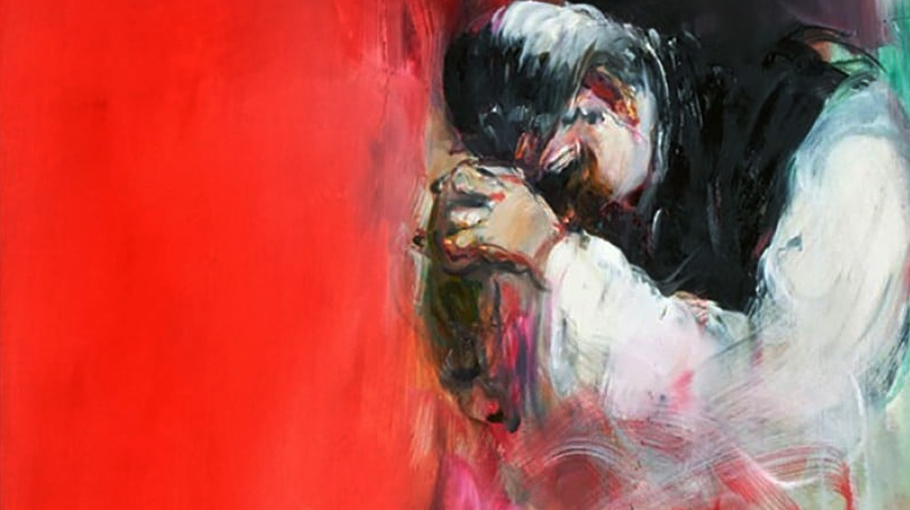Aug 15 plotters wanted to turn Bangladesh into neo-Pakistan

What Bangabandhu Sheikh Mujib could have never imagined that had happened on August 15, 1975 as some Bangalee military officers brutally assassinated him along with family members on his own independent soil for which he had struggled throughout his life.
“August 15 carnage plotters wanted to make Bangladesh into a new Pakistan through the assassination of Bangabandhu and most of his family members,” said Amir Hossain Amu senior politician and Awami League advisory council member.
On the eve of Bangabandhu’s martyrdom anniversary, he said military dictator Ziaur Rahman had grabbed state power after Bangabandhu assassination and destroyed the four basic principles of the country’s constitutions as well as created communalism.
Amu said the Bangalee nation now demands mastermind of August 15 carnage Ziaur Rahman to be tried posthumously.
Journalist and writer Syed Badrul Ahsan said Bangabandhu's assassination was a blatant attempt to push Bangladesh into Pakistani-style politics as slogans of Liberation War Joy Bangla was replaced by Bangladesh Zindabad, Bangladesh Betar was changed Radio Bangladesh and one of the four basic bastions of the constitution -secularism came under assault.
Shortly after 15 August carnage , the then Pakistani Prime Minister ZA Bhutto quickly recognized what he called the 'Islamic Republic' of Bangladesh,” he mentioned.
After Bangabandhu’s assassination the enactment of black law-indemnity ordinance, giving legal protection to the killers, was a slap on the face of political norms, Badrul Ahsan observed.
When later the Zia regime incorporated it in the constitution through the fifth amendment, it was a brazen move to undermine Bangladesh's history, said the veteran journalist.
“It was our moment of shame. Mostaq and Zia both ought to be tried posthumously for treason vis-a-vis the indemnity ordinance,” he said.
AL presidium member Kazi Zafar Ullah said Bangabandhu killers wanted to make the AL which led the country’s Liberation War, as leaderless and ruin the Liberation War spirit.
Echoing the comment of Amu, Kazi Zafar also said the countrymen want posthumous trial of Ziaur Rahman who masterminded the August 15 massacre.
Noting his own observations about the carnage, noted academician Prof AAMS Arefin Siddique referred to several little talked about incidents with one being the extension of service of the then deputy army chief general Ziaur Rahman, who later emerged as a strongman of Bangladesh after the August 15 carnage.
He said one of the related references suggested that Zia had desperately pursued for his extension and Bangabandhu agreed to extend his service only for three months.
"Ziaur Rahman appeared very delighted (receiving the extension order) . . . within few days the August 15 carnage took place," Siddique said quoting a published interview of the then deputy minister for defense Nurul Islam several years ago when he castigated himself for his role in getting Zia the extension.
He said several reports suggested that the then Indian premier Indira Gandhi repeatedly sent Bangabandhu messages saying the Indian intelligence agencies gathered information about a possible assassination plot, which Bangabandhu took lightly saying, "Who is the man in Bangladesh to kill me".
Prof Siddique, also a former vice-chancellor of Dhaka University, said Bangabandhu was farsighted and that was why he understood something was cooking up and "a plot was being hatched but he never blamed any Bengali for it as it is what Bangabandhu is".
He said many things have been written in books or articles in a scattered way but a thorough study is a must to know who waged resistance after the carnage, who committed suicide and who took oaths in the cabinet after the assassination and how the November 3, 1975 incident took place to kill the four national leaders.
The people wanted to know about the entire episodes before and after the August 15 carnage and wanted to know who played which roles, so forming of an independent commission is essential to keep the official records on the massacre to let the people know about the conspiracy and all other related incidents, he added.
Presidium member Abdur Rahman said a commission should be formed to unearth the entire August 15 plot designed at home and abroad and unmask the plotters to free nation from the stigma.
He said actually the spirit of Liberation War was also killed through Bangabandhu killing, the ugliest chapter of the country’s history.
AL organizing secretary Ahmed Hossain said the perpetrators wanted to raise Pakistan flag in Bangladesh through the brutal murder that saw the killing of child and pregnant woman as well.
He said the nation wants masterminds of the massacre-KhandakerMostaq Ahmed and Ziaur Rahman to be tried posthumously.
Hossain also suggested forming an independent commission to unmask the plotters.
The perpetrators of the August 15 carnage were protected under a now scrapped black law enacted by the subsequent government which also rewarded them with diplomatic assignments abroad and allowed some of them to float political parties in the country
Returning to power after the landmark 1996 general elections after 21 years of political wilderness, Awami League scrapped the so-called Indemnity Act to expose the direct killers to justice.
The delayed trial process began in 1996 and after a protracted legal procedure, 12 former army officers were handed down death sentences and five of them were eventually hanged on January 28, 2010 while the rest were tried in absentia.
One of the fugitive convicts died a natural death abroad while Abdul Majed, one of the convicts in the killing of Bangladesh's founding father Bangabandhu Sheikh Mujibur Rahman, was executed at the Dhaka Central Jail on April 12, 2020, after he was arrested in Dhaka on April 7 on that year.
And other convicts are still on the run.
The government said a process was underway to track the other convicts down and bring back home to expose them to gallows.




